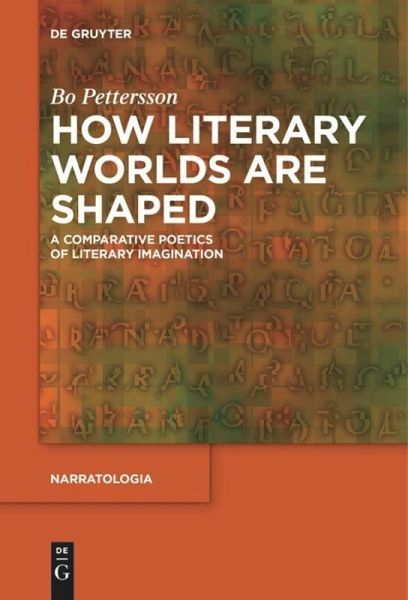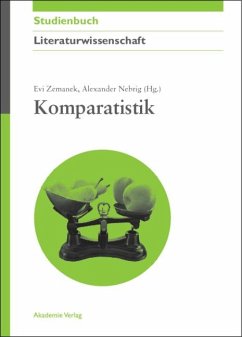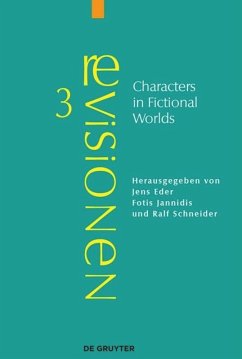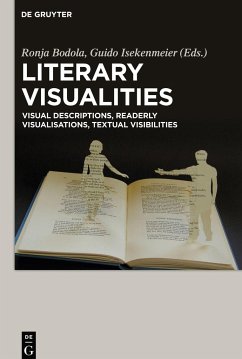
How Literary Worlds Are Shaped
A Comparative Poetics of Literary Imagination
Versandkostenfrei!
Versandfertig in 6-10 Tagen
26,99 €
inkl. MwSt.
Weitere Ausgaben:

PAYBACK Punkte
13 °P sammeln!
Literary studies still lack an extensive comparative analysis of different kinds of literature, including ancient and non-Western. How Literary Worlds Are Shaped. A Comparative Poetics of Literary Imagination aims to provide such a study. Literature, it claims, is based on individual and shared human imagination, which creates literary worlds that blend the real and the fantastic, mimesis and genre, often modulated by different kinds of unreliability. The main building blocks of literary worlds are their oral, visual and written modes and three themes: challenge, perception and relation. They ...
Literary studies still lack an extensive comparative analysis of different kinds of literature, including ancient and non-Western. How Literary Worlds Are Shaped. A Comparative Poetics of Literary Imagination aims to provide such a study. Literature, it claims, is based on individual and shared human imagination, which creates literary worlds that blend the real and the fantastic, mimesis and genre, often modulated by different kinds of unreliability. The main building blocks of literary worlds are their oral, visual and written modes and three themes: challenge, perception and relation. They are blended and inflected in different ways by combinations of narratives and figures, indirection, thwarted aspirations, meta-usages, hypothetical action as well as hierarchies and blends of genres and text types. Moreover, literary worlds are not only constructed by humans but also shape their lives and reinforce their sense of wonder. Finally, ten reasons are given in order to show how this comparative view can be of use in literary studies. In sum, How Literary Worlds Are Shaped is the first study to present a wide-ranging and detailed comparative account of the makings of literary worlds.













